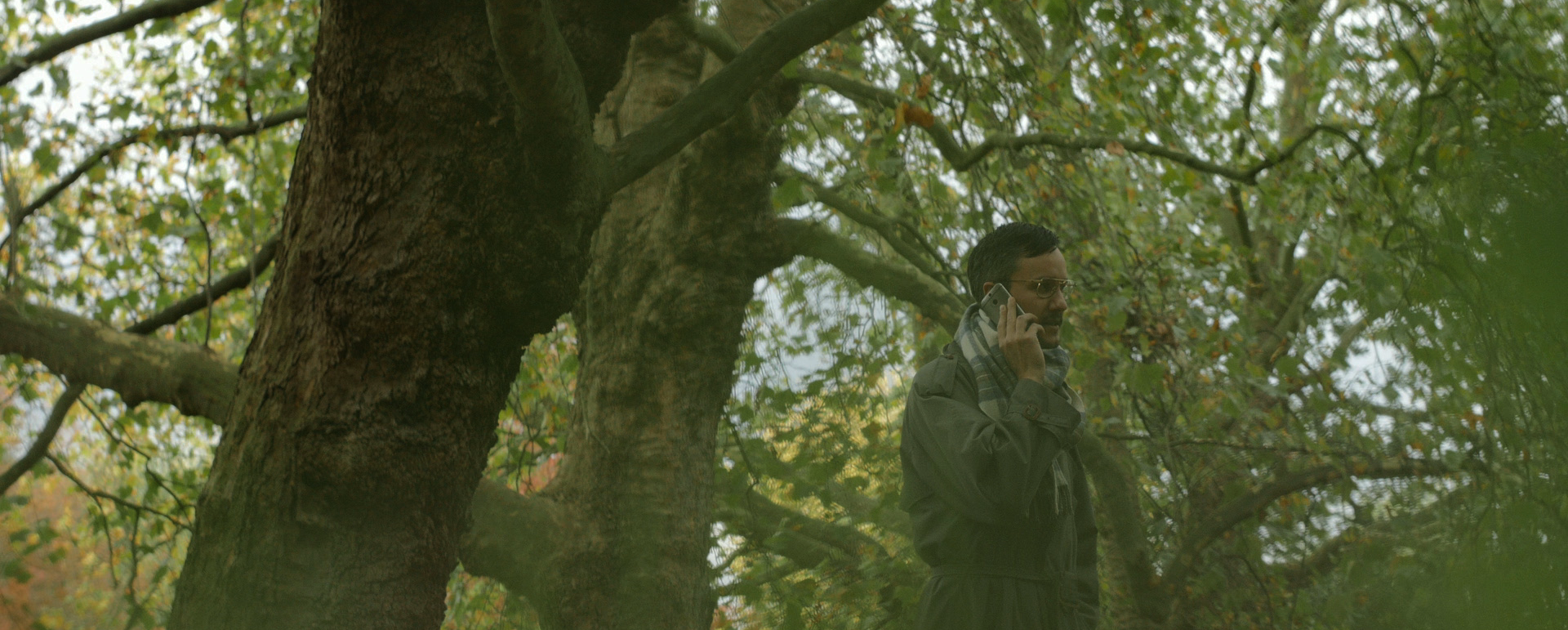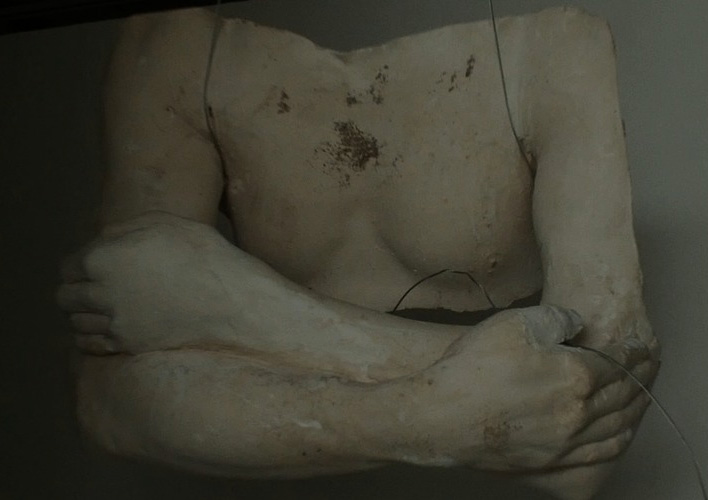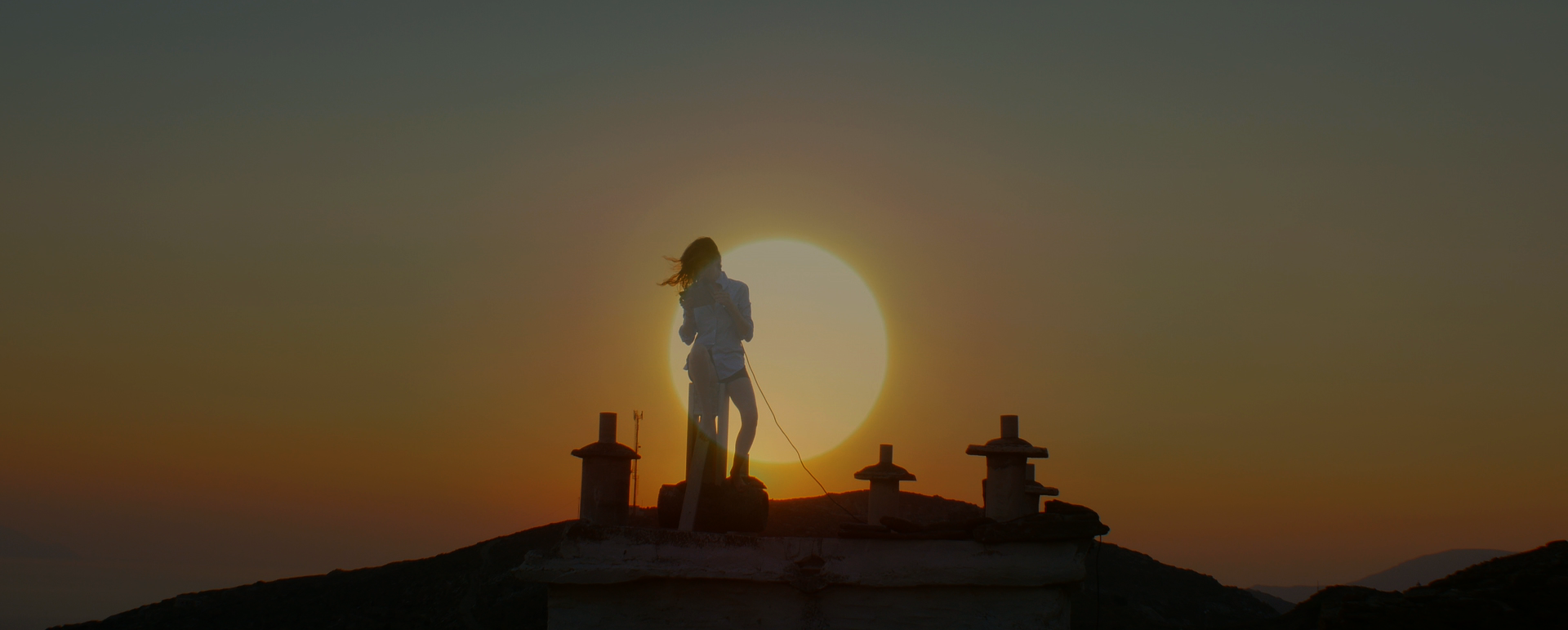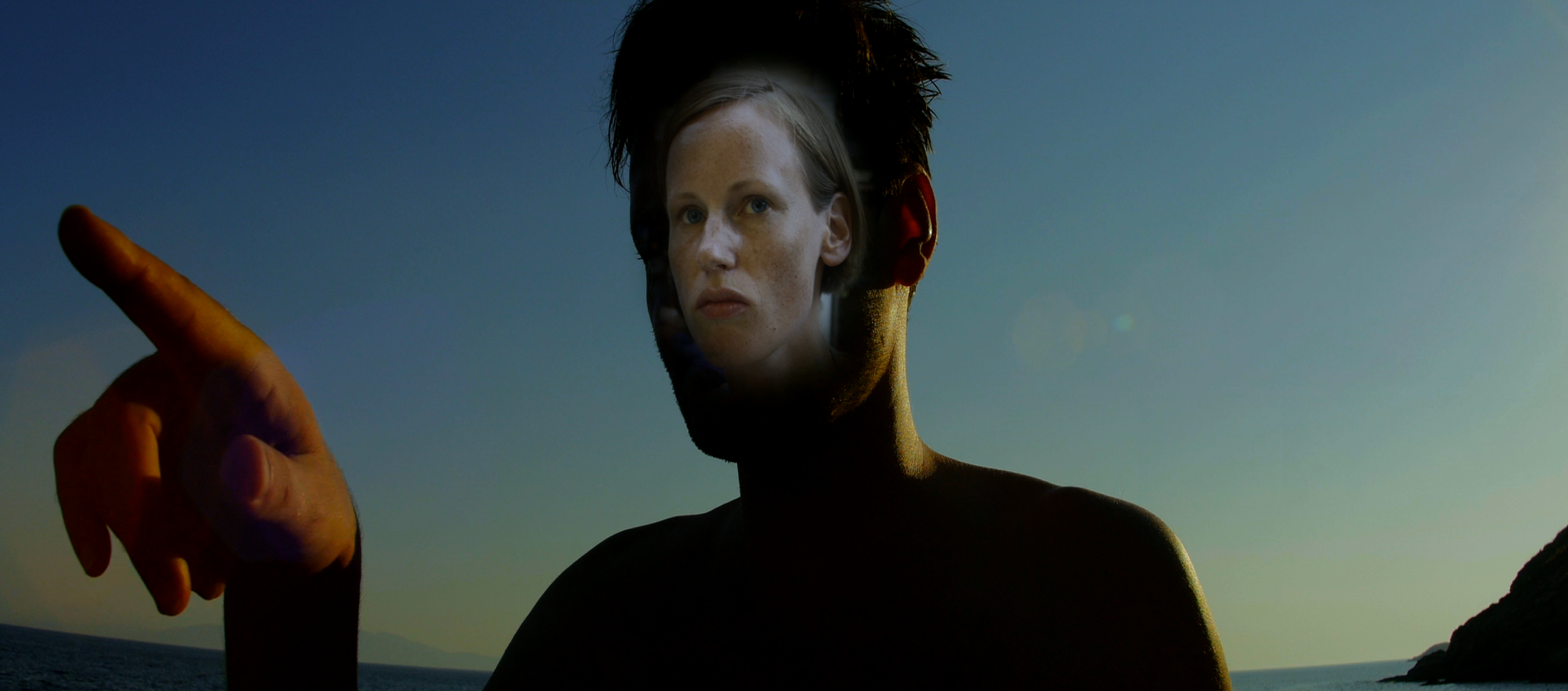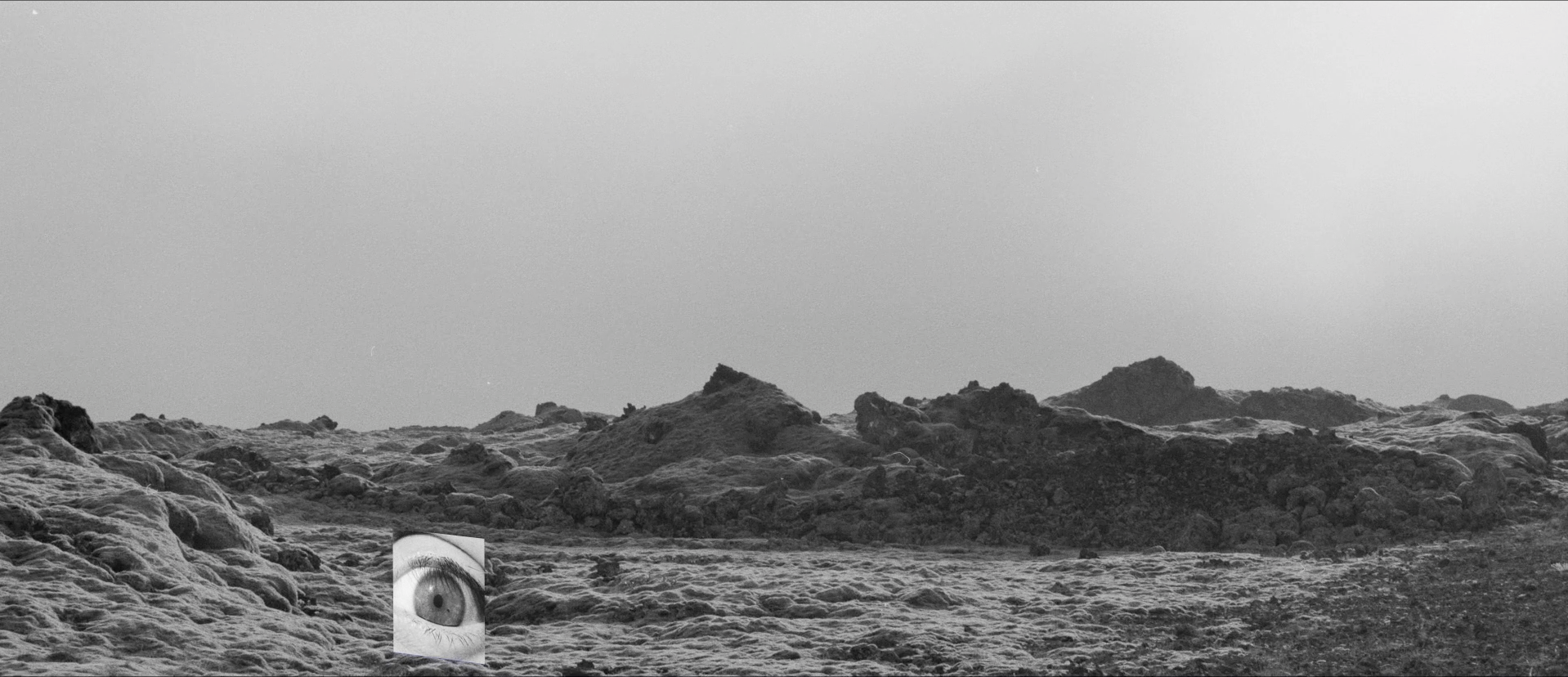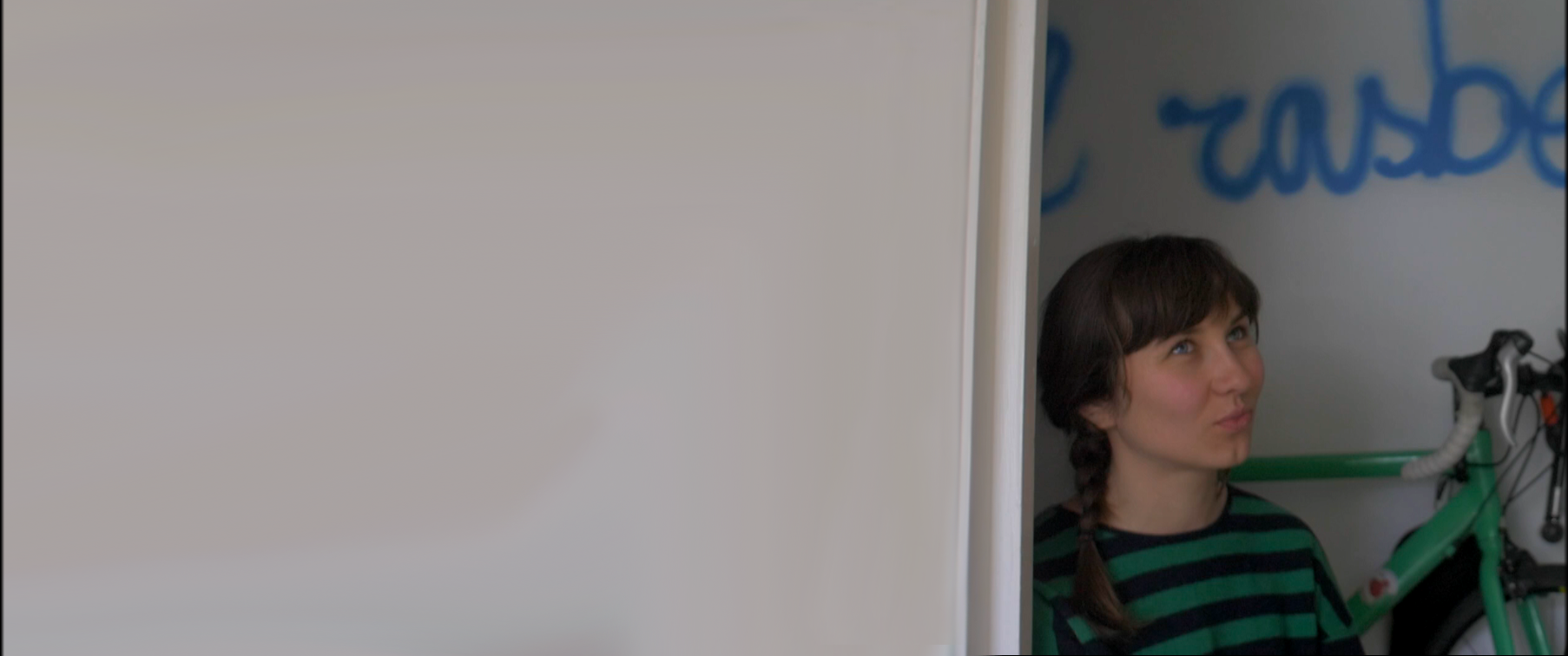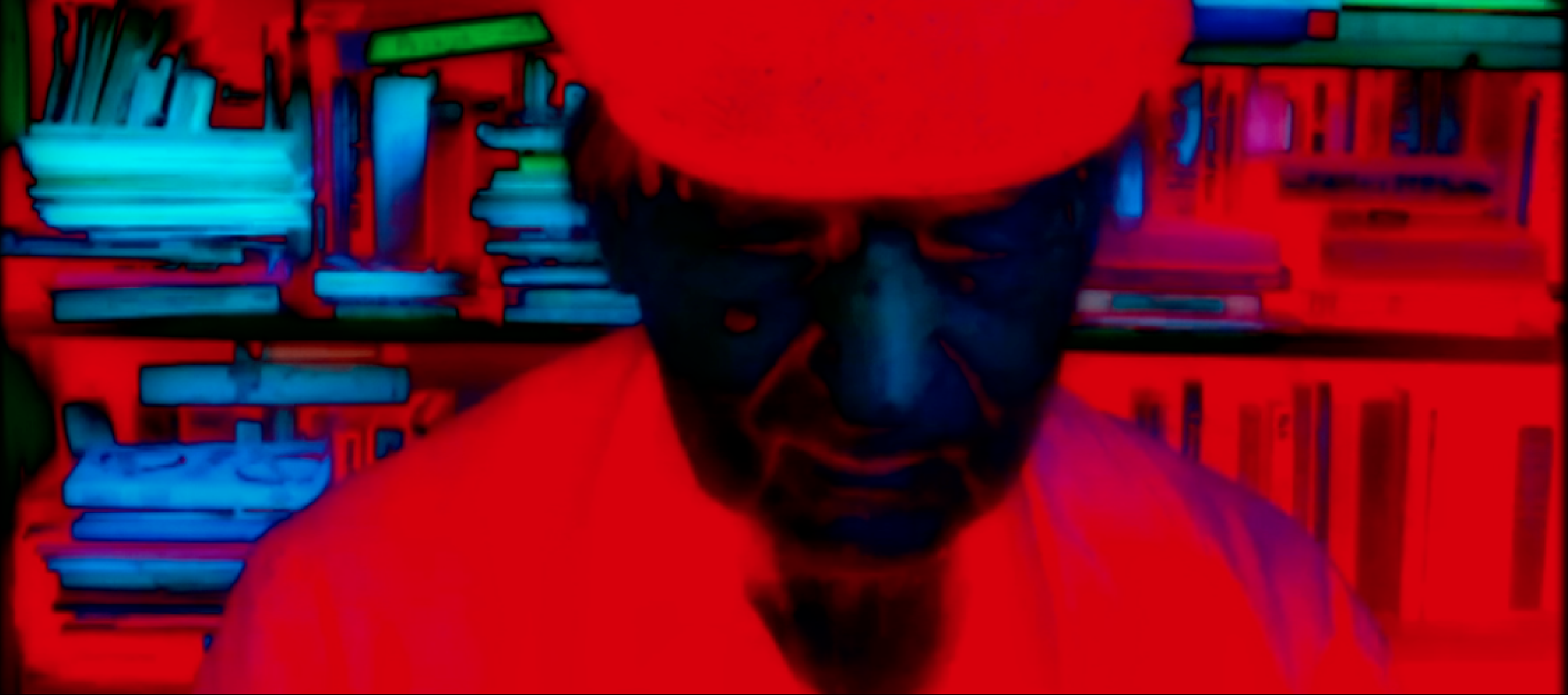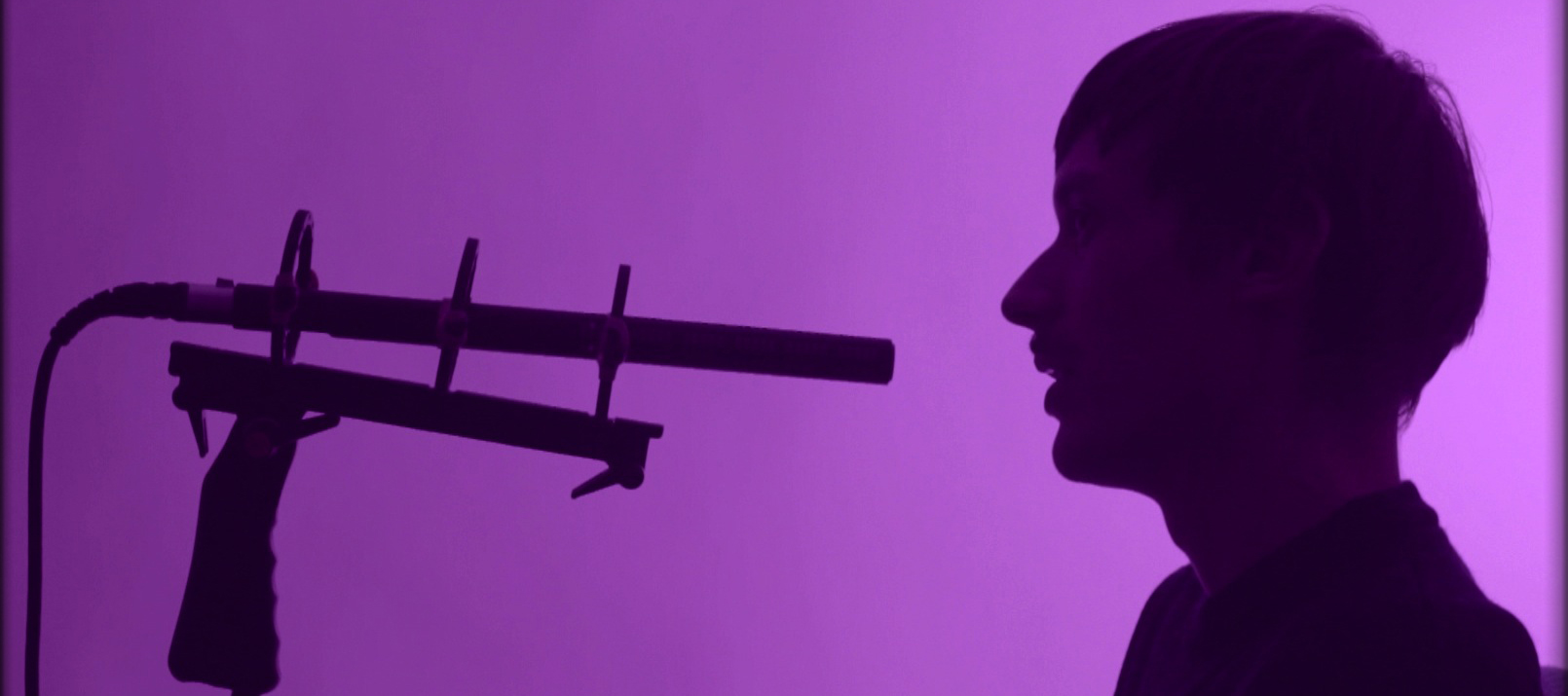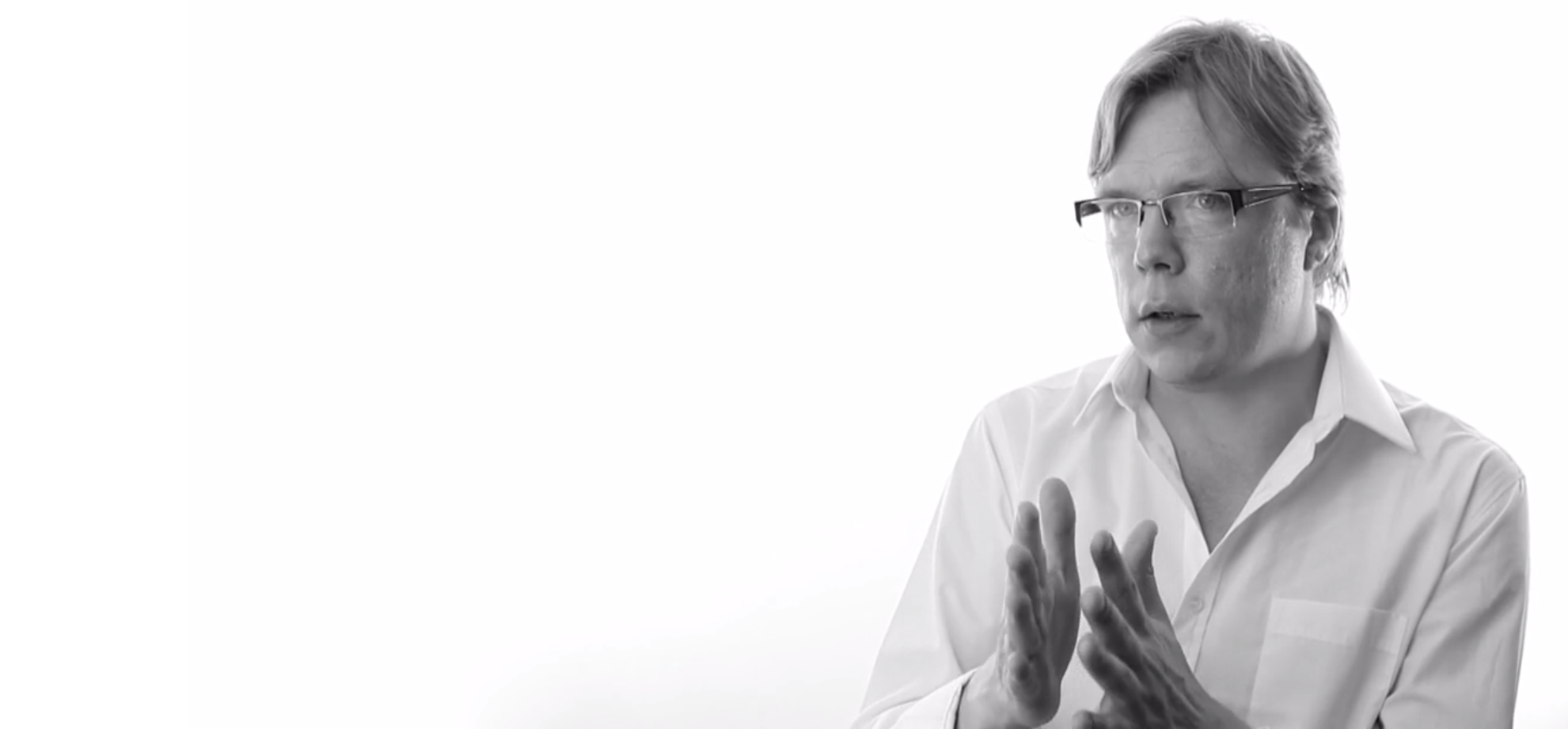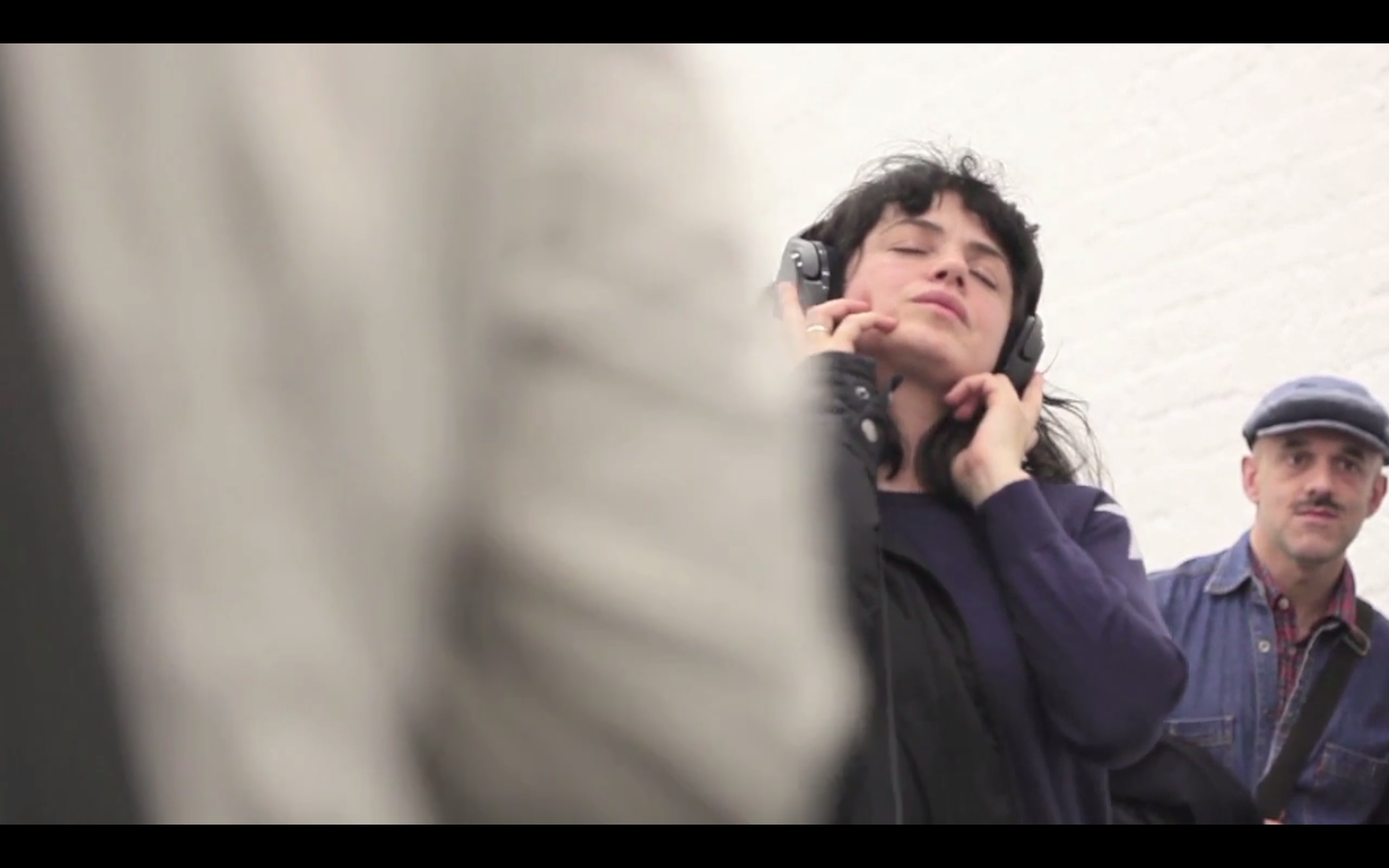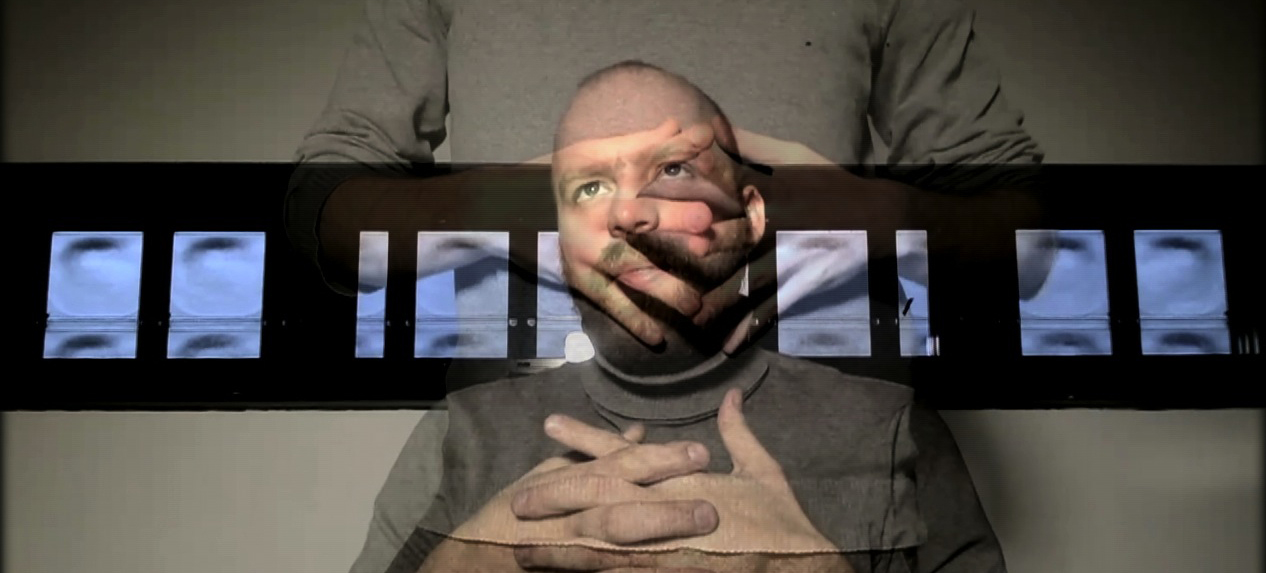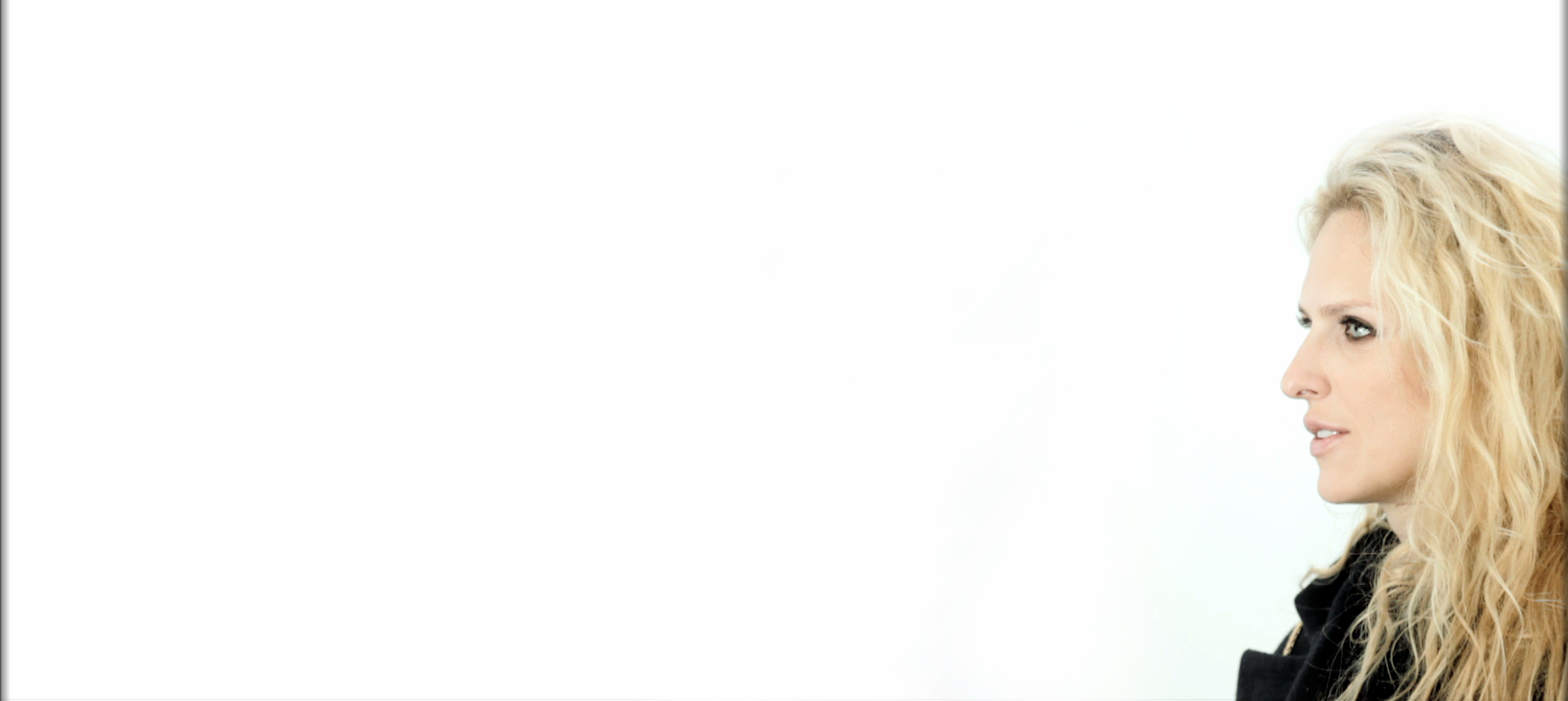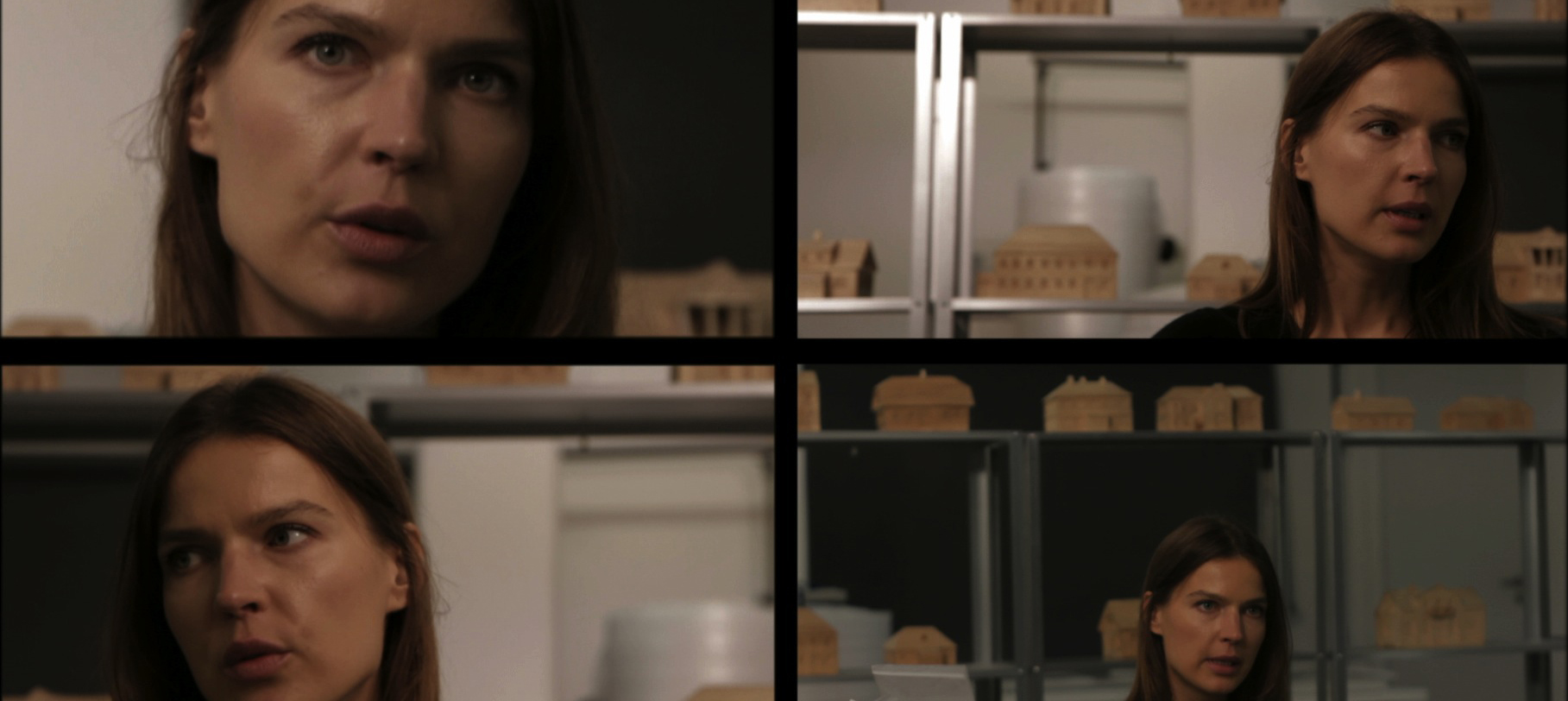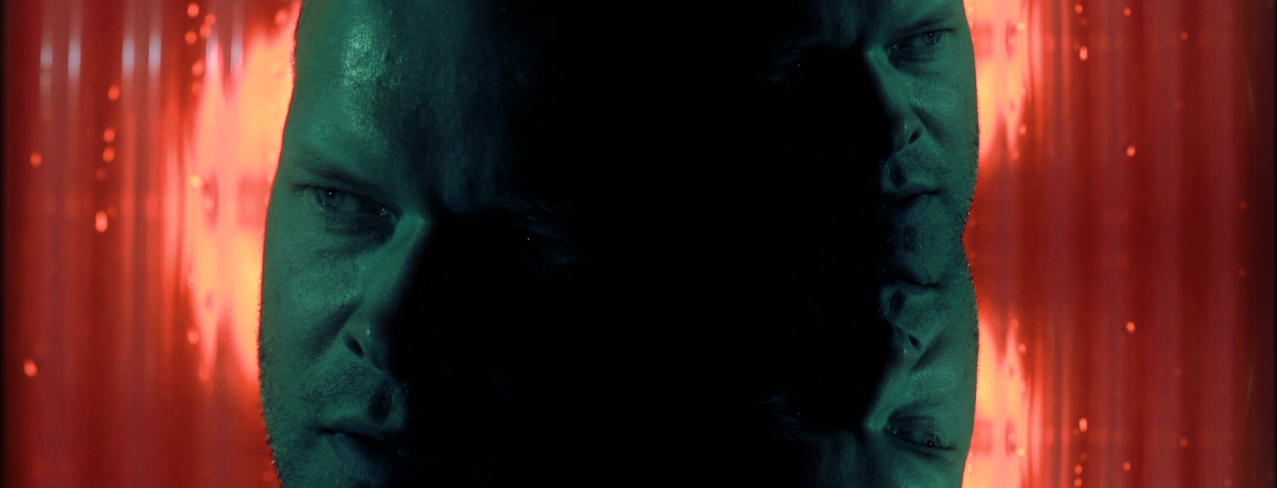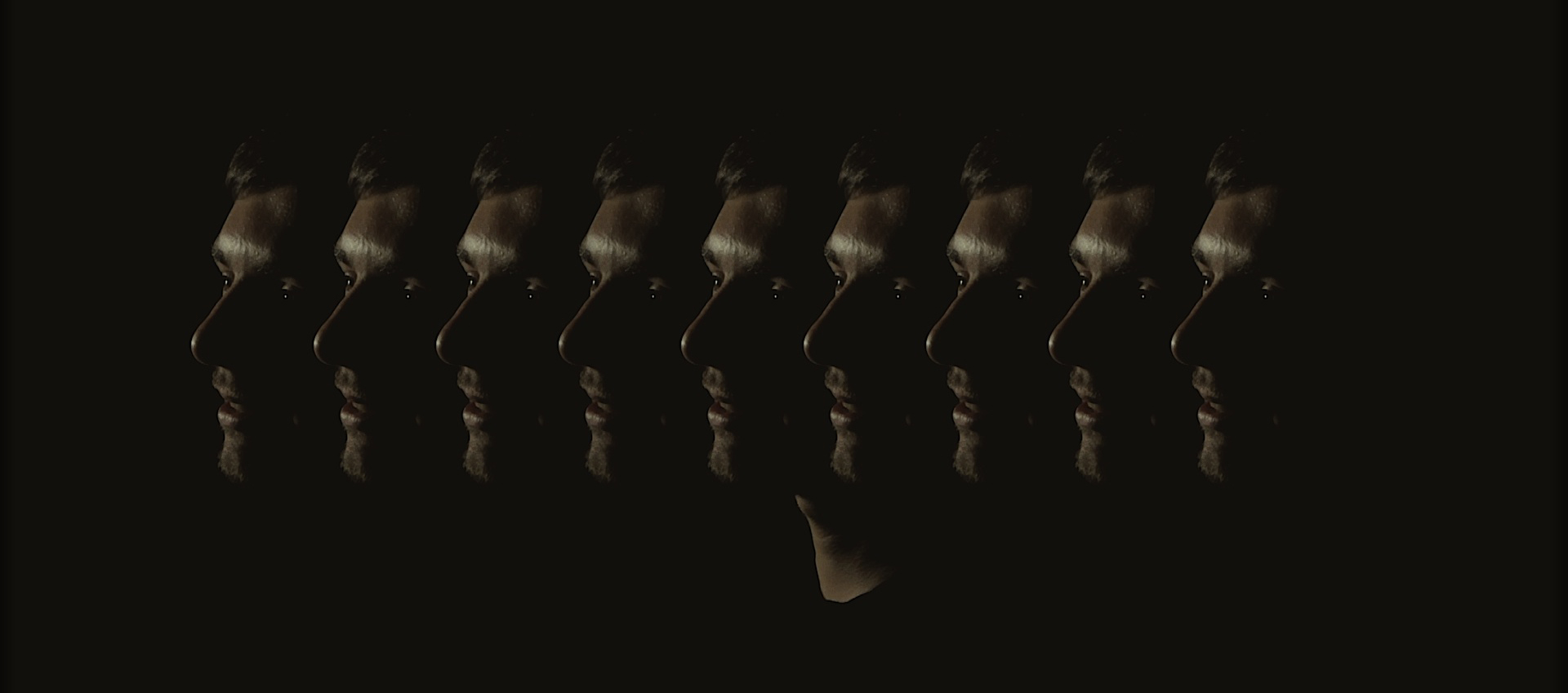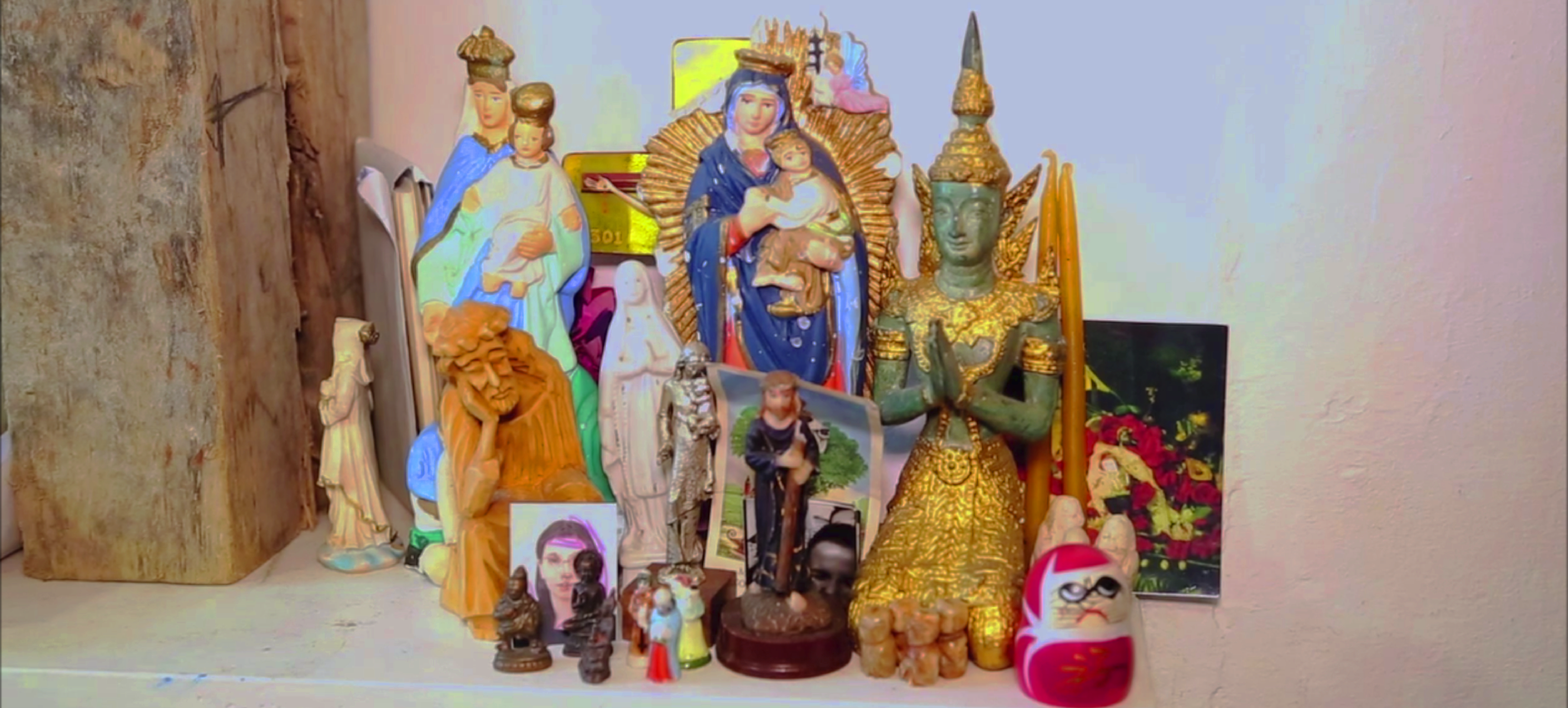Sisters From Another Mister have a free-wheeling practice, which embraces humour and absurd scenarios, gender play, witty sculptural forms and musical interludes. Humanity lives in the time of the transitory, near and far, ready-to-go, detachment, juxtaposition, when the impact of the internet and digital environment leads to exploring the imperceptible line between the tangible and topical space of fantasy, situated in affairs between humans and objects. Sisters From Another Mister want to turn away from this illusionary space of illusion, turning art back to the viewer by making them aware of their body.
Milda Lembertaitė (b. Lithuania, 1987) and Amelia Prazak (b. Switzerland, 1987) founded the collective Sisters From Another Mister in 2010 while studying Performance Design at Central Saint Martins. In 2014 they graduated from Chelsea College of Art with an MA in Fine Arts. Will they retire together in 2052?
Exhibitions in London have included: Anthias, Pullman Hotel; Frosted and Defrosted, 44 Albion; DE/TOURS, CGP Gallery; Chroma, The House of Peroni; Accidental Festival, Roundhouse; Sadler’s Wells Theatre; Casablanca, V&A Friday Late for Refugee Week, Victoria and Albert Museum. International exhibitions include Celeste Prize, Centrale Montemartini in Rome; and Rodin Reflections, Scenofest Street Stories, Prague Quadrennial of Performance Design and Space.
